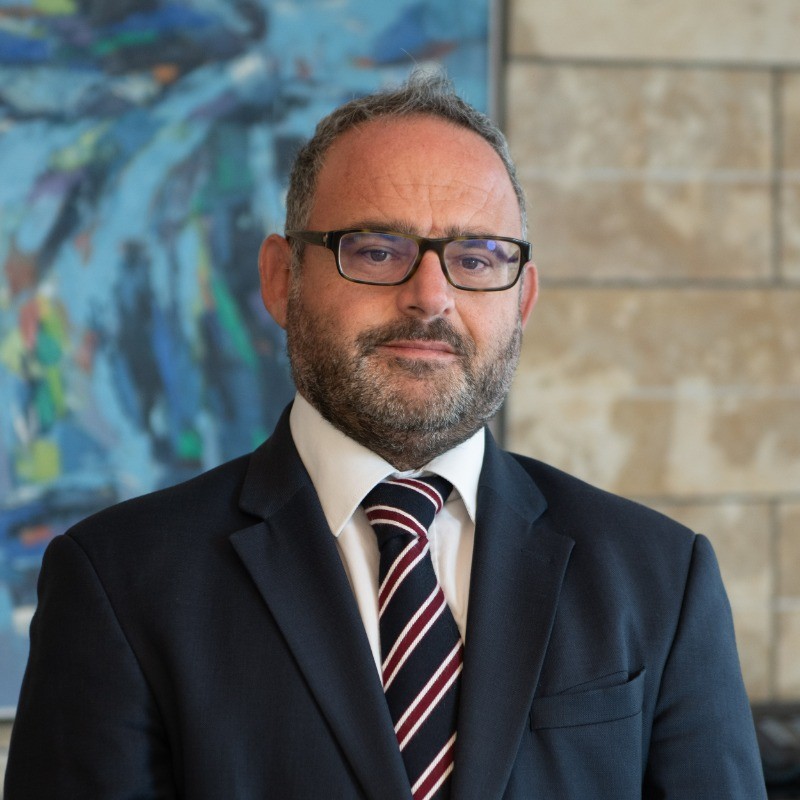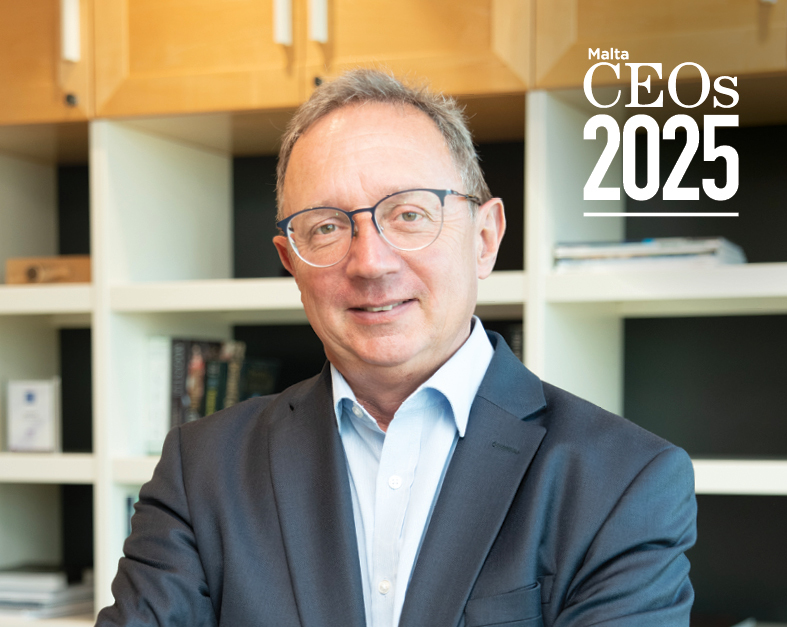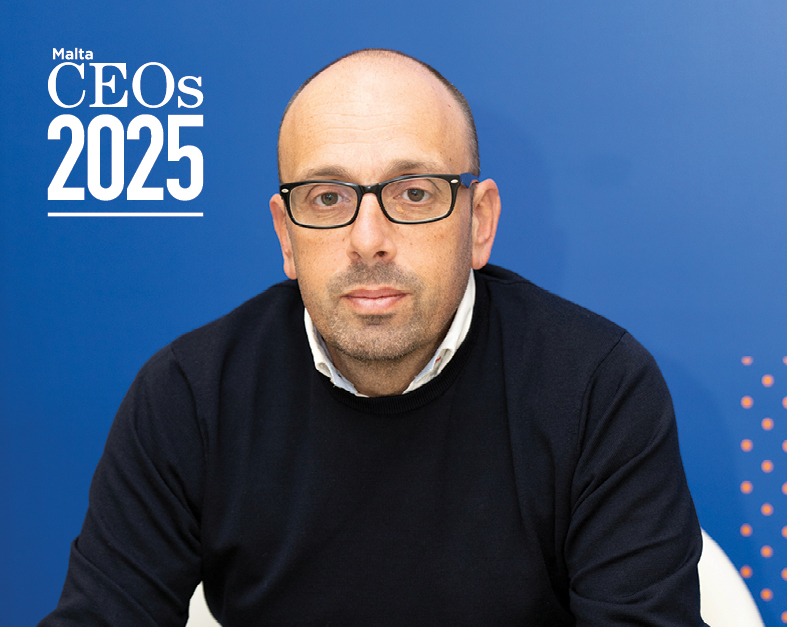As a licensed Electronic Money Institution (EMI) regulated by the Malta Financial Services Authority (MFSA), 2024 has seen Papaya Ltd continue to expand globally, offering a comprehensive ecosystem of online banking and payment solutions tailored to the needs of modern businesses and individuals. Comprising a mix of tech enthusiasts, finance professionals, and top anti-money laundering (AML) and compliance experts, the company analyses markets and niche industries to uncover specific challenges and pain points, creating highly targeted products for seamless banking solutions.
The last five years have been transformative for FinTech. Once seen as disruptors challenging the dominance of traditional banks, FinTech companies have evolved into key players within the financial ecosystem. Driven by a growing demand for digital-first solutions – accelerated by the pandemic – they’ve transformed how we interact with money, pushing more people toward online banking and digital payments. Today, FinTech firms like Malta-based Papaya, led by recently appointed CEO Igor Tsybolyuk, are no longer just alternatives but crucial operators shaping the future of finance.
“I believe we have reached a stage of maturation within finance, where traditional banks bring trust and stability, while FinTechs offer speed and innovation,” says Igor. “Together, we are creating solutions that are both reliable and cutting-edge. Instead of competing, FinTechs are helping banks modernise and expand their reach through partnerships and white-label solutions.”
This evolving relationship has opened new opportunities but also exposed gaps in accessibility. For Papaya, addressing these gaps has become central to its mission, with the company aiming to provide solutions for underserved groups that larger banks and many FinTech firms often overlook. Igor believes that one of his and his team’s main responsibilities is to ensure inclusivity and access.

“Unlike traditional banks and large institutions, which often rely on one-size-fits-all solutions, we focus on creating highly tailored products,” Igor explains. “We address the unique needs of industries like iGaming, EdTech platforms, content creator studios, and subscription services. This approach allows us to serve niche markets with precision and innovation.”
Papaya isn’t solely focused on corporate clients but is also investing in consumer-focused solutions, helping consumers manage and navigate their finances more effortlessly. One such product is designed specifically for teenagers and individuals with limited credit histories, such as expats and students across the European Economic Area (EEA), empowering this growing demographic with the tools they need to become financially literate and take control of their wealth.
“By creating solutions tailored to specific demographics and niches, we deliver services that are personalised, relevant and adaptable,” says Igor. “By staying close to our customers and listening to their feedback, we ensure our offerings remain competitive and uniquely suited to their challenges.”
In the fast-moving world of FinTech, where new players rise and fall quickly, Papaya’s decade-plus existence helps it stand out as an established entity. Founded during the first major wave of FinTech innovation, this period saw the rise of digital and mobile technologies that made mobile banking more accessible, along with regulatory shifts like PSD2 (Payment Services Directive 2) in the EU, creating fertile ground for FinTech companies to thrive. Malta quickly adopted a forward-thinking approach, building a strong regulatory framework and welcoming innovation, creating an ideal environment for companies like Papaya to flourish.
“Malta’s proactive support for tech-driven businesses has attracted a pool of highly skilled professionals,” Igor explains. “Add the island’s great climate, and it becomes an appealing destination for talent, especially when compared to colder northern regions with similar tech-friendly environments. As a result, Malta has become a true hotspot for the FinTech industry.”
Malta’s robust regulatory framework has also been welcomed by Papaya from the start. While many FinTech companies operate with a “move fast and innovate” approach, sometimes causing friction with regulators accustomed to the slower pace of traditional banking compliance, Papaya has placed compliance at the core of its strategy to establish trust with both industry stakeholders and clients.
“We believe compliance is more than just checking boxes,” says Igor. “Acts like the EU’s upcoming Digital Operational Resilience Act (DORA), which came into effect in January 2025, challenge us to innovate while staying secure.” He credits his team’s expertise as a critical asset, highlighting Olegs Cernisevs who recently earned a PhD with a doctoral thesis on risk management in the FinTech sector. “Insights like these add a valuable layer of depth to how we approach challenges,” he adds.
Today, every online business faces the dual reality of unprecedented opportunities and increasing technology-related risks, such as cyberattacks and data breaches. For Papaya, operational resilience is another top priority. The company integrates cutting-edge risk management practices, guided by the principles of DORA, to ensure its Information and Communication Technology (ICT) infrastructure remains secure and adaptable to changing regulatory standards.

“Our proactive approach includes implementing Key Risk Indicators (KRIs) to monitor potential threats, regular stress-testing of our systems, and fostering a culture of continuous improvement,” Igor explains. “We also adhere to ISO 27001 standards, recognised globally for their rigorous controls in data security and risk management.”
As the CEO notes, this need for greater stability and security must also be balanced with a willingness to embrace innovative trends from across the technology sector. Embedded Finance and Banking-as-a-Service (BaaS) are enabling businesses to integrate financial services directly into their platforms, creating seamless, user-friendly experiences. Meanwhile, advancements in blockchain and digital currencies, including Central Bank Digital Currencies (CBDCs), are set to revolutionise payments and settlements with enhanced transparency and efficiency. Artificial Intelligence (AI) is also playing a pivotal role, driving personalised customer experiences and boosting fraud prevention through real-time insights.
“Our industry is evolving rapidly, and these trends present opportunities to deliver better, more inclusive financial solutions,” says the CEO. “The ongoing shift toward cashless economies and real-time payment systems continues to drive demand for innovative digital payment solutions. I believe that addressing inefficiencies in cross-border payments and settlements represents another major growth opportunity. While all this is a lot to juggle and master, I feel that our expertise and agility mean that Papaya is well-positioned to adopt these innovations, ensuring we stay at the forefront of FinTech’s next chapter.”
Looking ahead to 2025, Papaya is particularly focused on expanding its embedded banking solutions across Europe and solidifying its position as a trendsetter in FinTech. The company plans to grow its product offerings through strategic partnerships, enter new markets and continue innovating for underserved demographics.
“By the end of the year, I’d like to see Papaya positioned as a thought leader in FinTech, setting an example for how businesses can balance innovation, compliance and inclusivity,” he concludes.
This article is part of the serialisation of 50 interviews featured in Malta CEOs 2025 – the sister brand to MaltaCEOs.mt and an annual high-end publication bringing together some of the country’s most influential business leaders.
‘It’s unwavering persistence that drives breakthrough achievements’ – Manila Di Giovanni, DWorld CEO
'Our virtual economy hub will showcase Malta’s heritage, local enterprises, startups, and public institutions on the global stage.'
‘If you believe in what you’re trying to achieve, you’re already halfway there’ – Jordan Camilleri
The co-founder of Health & Co describes establishing and running a business as a life-long learning process.
‘We want to push the boundaries. We want to lead’ – AX Group CEO and Deputy Chairman Michael Warrington
His experiences working across various industries, have provided Michael Warrington with valuable insights into how AX Group's businesses are affected.
‘Technology changes so rapidly that what was agreed at the beginning of the year can change halfway through’ – Joseph Aquilina
The company never stops innovating and diversifying, which infuses different areas of the business with energy.









